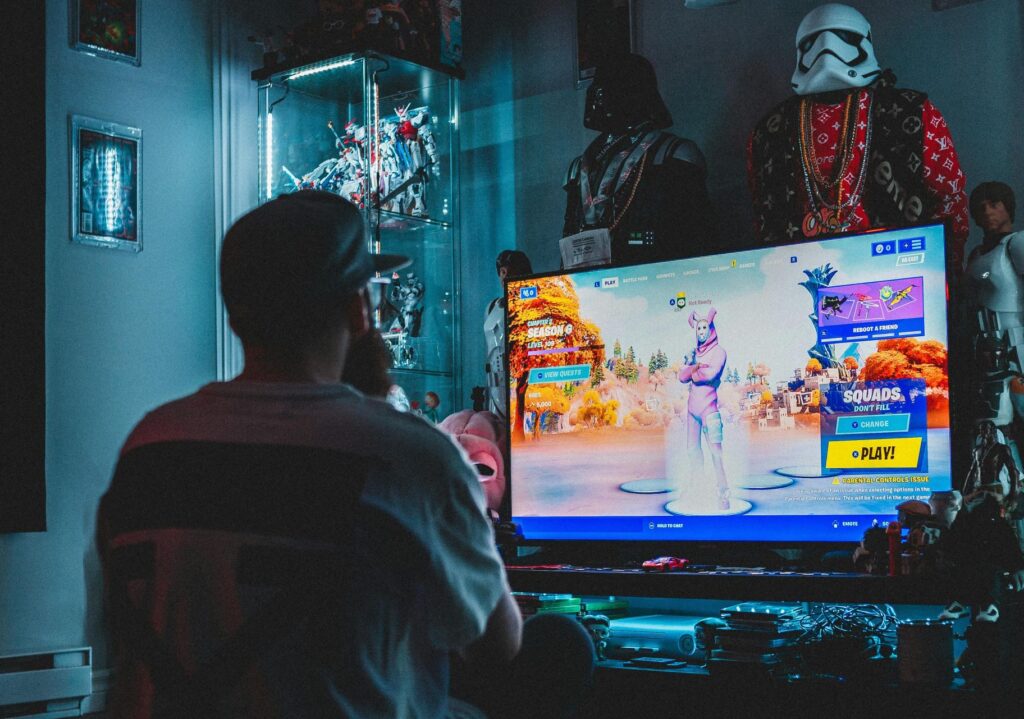Over half of gamers admit to reverse bedtime procrastination, sacrificing sleep on work nights to play games

A new survey, from video game and tech retailer, Currys revealed that 53% of gamers intentionally stay up late on a work night to play video games. This action has been coined as “revenge bedtime procrastination”, which refers to a phenomenon in which people put off going to bed to engage in activities that they don’t have time for during the day.
By doing so, however, these gamers may be impacting how they perform at work. A 2007 study titled “Impaired sleep after bedtime stress and worries” in Biological Psychology found that employees who suffer from poor sleep are less productive and make more errors at work. The study indicated that sleep-deprived individuals have difficulty concentrating, leading to decreased workplace performance.
As well as swapping sleep for button bashing, 38% of gamers have also admitted to playing video games during their work day, when they should be working, and 28% have called in sick just so they can play video games.
57% say that they incorporate gaming skills, such as leadership, communication and problem solving into their working day
However, gaming also has a positive influence on workers, the same survey revealed that 44% of gamers believe their video gaming hobby makes them better workers, with more than half of all UK gamers (57%) saying that they incorporate gaming skills, such as leadership, communication and problem solving into their working day. These same skills were listed in the top 10 most in-demand skills for employers in the latest LinkedIn job listing analysis.
LinkedIn’s 2024 analysis of job listings, recruiter messages, and the skills possessed by recent hires found that soft skills reign supreme for UK employers in 2024, comprising most of the top 10 in-demand skills. Skills that topped the list were communication, customer service, management, leadership, and teamwork, 57% of UK gamers asked say they have developed some of these skills through playing video games, and regularly apply them to their work.
According to Dr Daniel Wheatley, Reader in Business and Labour Economics based in the Department of Management at the University of Birmingham skills acquired through leisure activities can actually be leveraged in a professional setting, he said: “We gain skills and experience every day from our leisure activities – ‘every day is a school day’.
“Gaming is one of those hobbies that requires several skills, including problem-solving, resource and time management, communication, hand-eye coordination, and more. This has been recognised by employers in some cases with the ‘gamification’ of training and work tasks present in some industries and organisations.”
And it isn’t just the soft skills refined during playing games which have a positive impact on a person’s performance at work. Nearly half of respondents (46%) stated they feel happy when gaming, 43% said that they feel relaxed, while 36% stated they feel excitement. As a result, 60% of gamers in the study said that taking annual leave to play games makes them more productive at work and 39% of gamers said they have, in fact, taken time off to just play video games.




